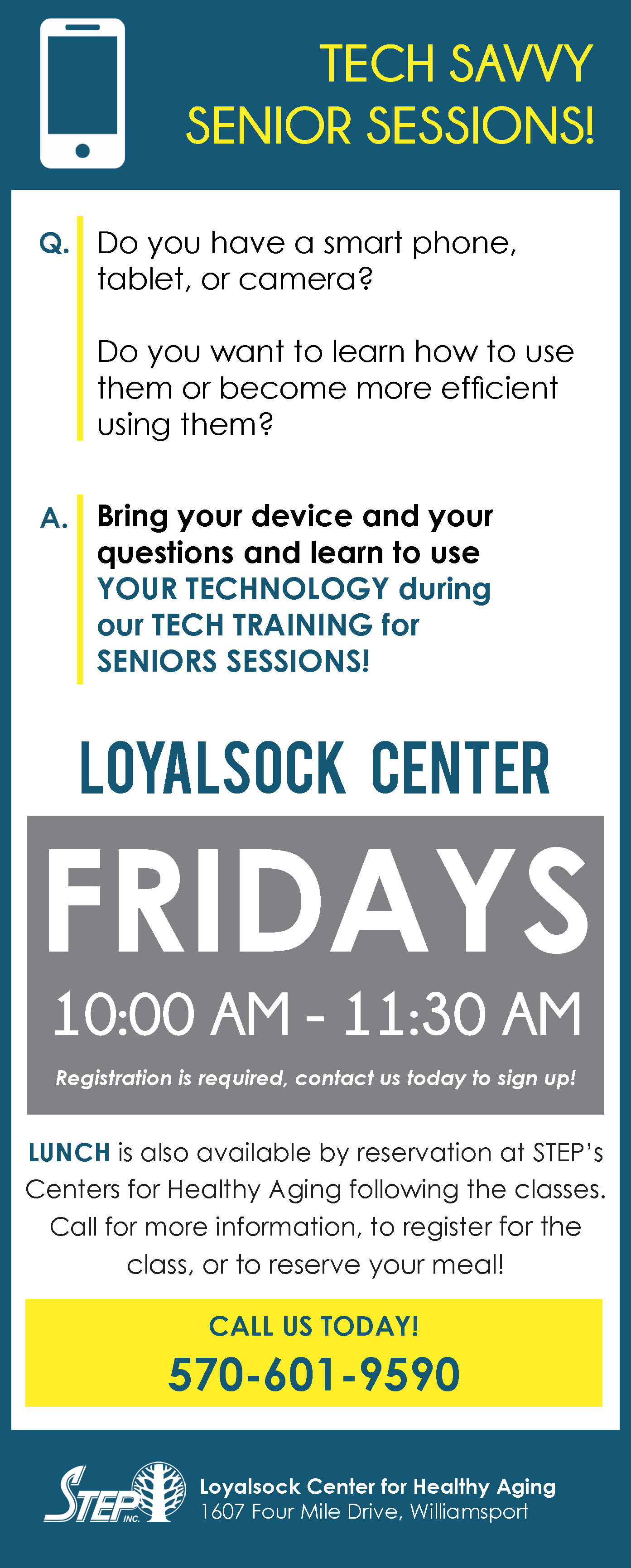Part 3
As I mentioned in previous installments of this article, there are some characteristics that, in my opinion, are key factors in maximizing one’s quality of life in later years. I have already discussed the idea that the definitions of happiness and direction vary from person to person and that people should live in the manner that suits them. For example, if you enjoy your job, continue working, or if you enjoy traveling, go see the world. Don’t worry about what other people think you should do. It’s your life.
Second, I discussed the necessity of purpose. People need a reason to get out of bed. That might mean following your grandchildren’s sports, volunteering at a local food pantry, being out in your shop woodworking, or just spending time with your spouse. Everyone needs something to look forward to.
Third, social connection is absolutely critical.
Simply put, humans are social creatures. While it is true some people are introverts and need less interaction, everyone needs to feel they are part of a community in some way. Research has shown that people who suffer from loneliness are more likely to have physical and psychological health issues. Also, in my previous article, I discussed the importance of sleep and how getting enough quality sleep has been shown to not only improve physical health but is critical for brain health and memory.
In the final installment of this article, I would like to discuss the importance of diet and exercise to living a high-quality and likely longer life.
Yes, there are exceptions. Many people have that odd relative that drank like a fish and smoked like a chimney and still lived to be 100. Most of the time, however, that is not the case.
In the same way that if you had an expensive sports car and you drove it without ever changing the oil, never putting new tires on it, and hit every pothole you could find, you wouldn’t expect the car to last very long; we need to take care of ourselves. Being far more valuable than a sports car, our bodies need proper nourishment and movement to be their best.
People often think of diet as an all-or-nothing proposition. That is that they can only eat kale and tofu, so why bother trying? People often say, “Life is short, so I want to enjoy myself.” You don’t need to eat perfectly all of the time to be healthy. In fact, I will go so far as to say there are almost no bad foods. The issue is how much and how often you choose to eat certain foods.
For example, a thin slice of cheesecake on rare occasions will likely not hurt you in the slightest. If, however, you eat an entire cheesecake every day, you will probably end up in an early grave. So, you certainly can have an occasional burger, slice of pizza, or ice cream cone and should not feel guilty for doing so. Other more nutrient-dense foods such as green leafy vegetables and quality proteins can be eaten more often. Obesity is complex, but I have yet to hear of anyone dying from a spinach overdose.
In my experience, over-consumption of processed foods, coupled will low levels of activity, are the main causes of being overweight, which usually leads to heart disease and other problems. So, eat nutritious food, including lots of fresh, local produce, most of the time and enjoy an occasional burger or beer if you are so inclined.
Last, everyone should exercise, whether through formal workouts or informal physical activity such as yard work. First of all, do what you can and do what you enjoy. Not everyone is completely healthy enough to walk five miles or hit the gym. If all you are able to do is a few minutes of wheelchair exercises, so be it. Do your best.
If you are healthier, go for a walk or a hike, or if you are so inclined, hit the gym.
Secondly, our bodies are made to move, and research has shown that people can get stronger and gain stamina at any age. We’ve all heard the adage, “Use it or lose it.” This is so true. Our bodies adapt to stress, and in this case, exercise is a good stress. If we don’t get enough exercise, our muscles atrophy, and our bones become weak.
Conversely, regular exercise will slow the aging process by keeping our bones and muscles strong. If we are strong, we are able to do more things, including things we enjoy, like traveling and playing with grandkids. As I have mentioned, most people I have come across who can live to the fullest are getting lots of regular exercise.



